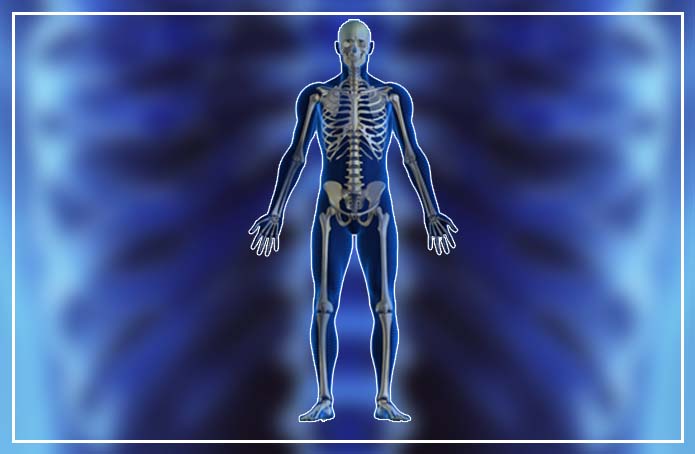Bones are only responsible to provide a structure to our body and are the framework of our body. They play an extensive range of roles in the body and also act as the life support system of the body. Healthy and strong bones are necessary for protecting organs, storing calcium, anchoring muscles and providing structure. If one has an improper diet, lack of physical activity, unhealthy habits, use of certain medication, hormonal imbalances, etc. are the major cause of unhealthy bones. Even family history counts a lot. All of these factors trigger low bones density.
If one takes a healthy diet and does exercises on priority then there stands no question of unhealthy body and bones. Certain good habits followed on a daily basis are always productive immaterial to whether or not they are good for one. But some of our everyday behavior may be pulling us back and we don’t even come to know about it.

Below are some habits that can have a negative impact on our Bones.
Always being indoors
When a person is always indoors then he will be lacking in vitamin D, our bones can become thin and brittle. Our skin contains de-hydro cholesterol which in the presence of sunlight gets converted to Vitamin D, and this is the main source of absorbing calcium in our body. So if we don’t spend enough time outdoors, we may be deficient in this nutrient. Even the doctors and healthcare workers are deficient in vitamin D because they spend their shifts inside and don’t get exposure to sunlight. A review published in BMC Public Health in 2017 stated that if one can’t get outdoors then at least prefer to eat food sources such as salmon, egg yolks, and vitamin D-fortified foods, Domurat, etc.
Sedentary life

There was a survey conducted by Laila S. Tabatabai, MD, an assistant professor of clinical medicine at Houston Methodist and the Weill Cornell Medical College and said commute to work, eating meals, sitting at a desk chair during the workday, and put down on the couch to watch television at night can lead us around 13 hours of daily inactivity.
Like muscles, even our bones become stronger when we exercise — especially when we perform weight-bearing activities like walking, stair climbing, and weight lifting, which necessitate us to work against gravity. Adding exercises can help improve our balance, posture, and flexibility, all of which help in lowering the risk of fall.
Drinking too much alcohol and smoking

Smoking and alcohol both increase the body’s production of cortisol (which weakens bones) and hamper the production of the hormone calcitonin (which helps build bone). Hard drinks also lower the hormone levels of testosterone and estrogen, which further weakens bones.
Drinking not only decreases bone density but also increases the risk of falling and fracture a bone, says Imali Sirisena, MD, an assistant professor of medicine at the Lewis Katz School of Medicine at Temple University in Philadelphia. Once the bone is fractured then if one is in habit of smoking then recovery will be very slow because it could slow down the healing process by damaging the blood vessels, inhibiting the body’s ability to move oxygen through the body and also produces harmful atoms called free radicals, which kill the cells that build bone said by Dr. Domurat.
Consuming salty food.
“There is a strong interaction between high salt intake and lower bone density,” says Frederick Singer, MD, director of the endocrinology and bone disease program at the John Wayne Cancer Institute at Providence Saint John’s Health Center in Santa Monica, California and a trustee of the National Osteoporosis Foundation.
As our sodium intake goes up, our body releases more calcium in the urine, according to the Linus Pauling Institute at Oregon State University. In fact, an adult woman loses 1 percent of their bone density yearly by consuming just one extra gram of sodium per day. The American Heart Association recommends most adults should not eat more than 1,500 milligrams a day.
Skipping Meals

We get all the essential nutrients from food. Calcium and vitamin D are essential elements for bone health. If these nutrients are in deficient then naturally one will suffer from weaker bones and more tendencies towards fractures. But many people don’t eat enough calcium-rich food says Dr. Singer and also don’t expose themselves to sunlight, which can raise their risk for more weak bones. So take more of vegetables and fruits, especially leafy vegetables and all white-colored products they are rich in calcium except white sugar and white salt.

























